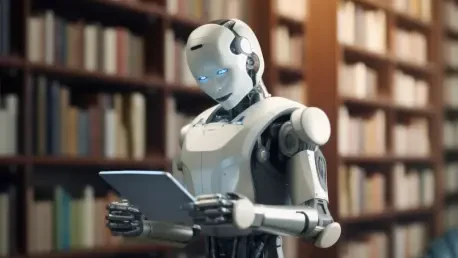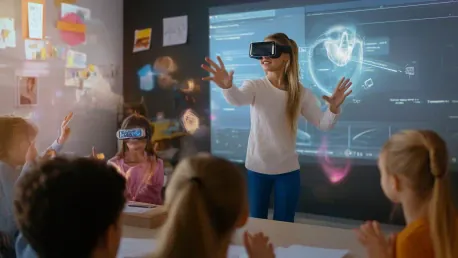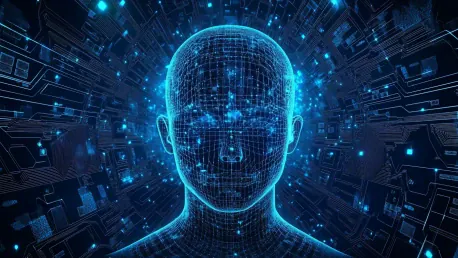
AI education may soon become a standard in K-12 public schools across the U.S., as per a draft executive order reviewed by The Washington Post. The order, proposed by President Donald Trump, mandates federal agencies to integrate AI into classroom functions, aiming to keep the U.S. at the forefront

The exploration of Generative AI (GAI) in higher education took center stage at the Inno-GBA Seminar hosted at Lingnan University in Hong Kong, drawing major government officials, industry leaders, and academic scholars. This significant event underscored the transformative potential of AI in

Imagine a classroom where every student receives a tailor-made education plan, aligned perfectly with their learning pace, strengths, and areas for improvement. This reality, driven by sophisticated educational technology (EdTech), is transforming how learning is approached. A Digital Revolution in

The importance of integrating artificial intelligence (AI) education into the K-12 curriculum in the United States cannot be overstated. AI literacy is critical for maintaining the country's economic competitiveness and preparing students for a tech-driven future. With Donald Trump's

Artificial Intelligence (AI) is no longer a futuristic concept; it is a present-day reality reshaping industries and human potential. The transformative power of AI infrastructure is akin to the impact of electricity and railroads in their respective eras. This article explores how AI

As the educational landscape continues to evolve, the integration of artificial intelligence (AI) and multimodal learning promises to redefine how we teach and learn by 2025. Considering the transformative advancements expected to shape classrooms, these innovations aim to democratize education,